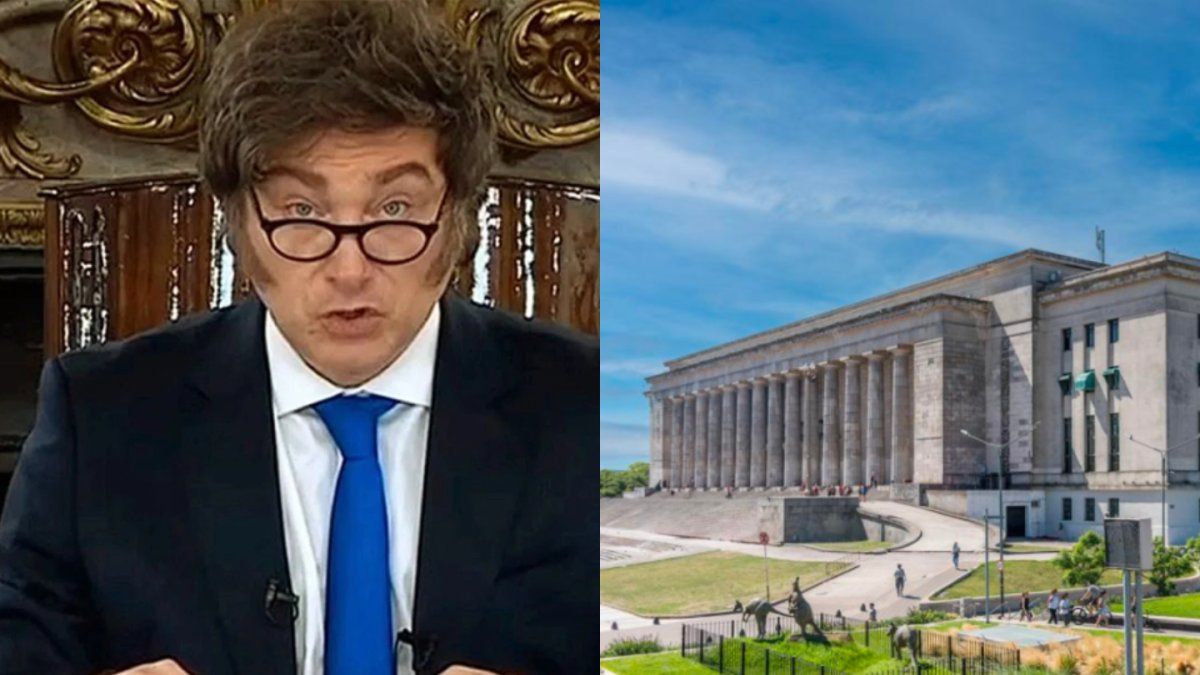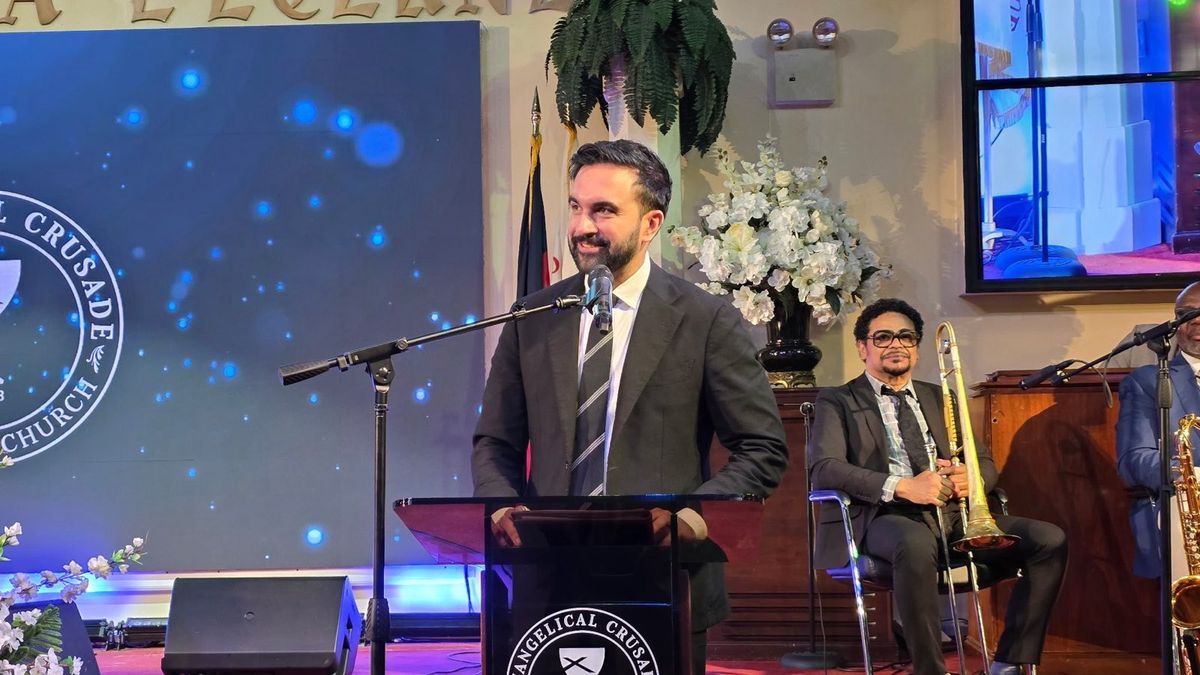Three weeks after the federal election, the traffic light coalition in Germany is taking shape: the SPD, Greens and FDP presented the first results of their exploratory talks yesterday. The twelve-page text should now form the basis for further coalition negotiations. There is talk of a “progress coalition” which is setting the course for “social, ecological, economic, digital and societal renewal”.
The representatives of the SPD, Greens and FDP appeared visibly satisfied after days of silence in front of the press. Everyone praised the good manners and interaction that they had with one another. New beginnings, progress and change were the terms that were repeated the most. “What is necessary for Germany will be tackled,” said SPD Chancellor candidate Olaf Scholz. “It will be the largest industrial modernization project that Germany has carried out for over 100 years.” As can be seen from the exploratory paper, the SPD, Greens and FDP want to increase the minimum wage to twelve euros. The negotiators of the “traffic light parties” also agreed that the coal phase-out would “ideally” be brought forward to 2030 – eight years earlier than previously planned. The SPD and the Greens also accept the FDP’s demand to return to the debt brake in 2023 and not introduce any new taxes.
There should be an immediate climate protection program as early as 2022. The aim is to get Germany on the path to meet the Paris climate targets and limit global warming. All suitable roof areas should therefore be used for solar energy in the future. The generation of energy through offshore wind power is to be increased considerably. Two percent of the area should be designated for onshore wind power. The planned measures also include the final end of the internal combustion engine. From 2035, only CO2-neutral vehicles are to be registered. However, there should not be a general speed limit.
Instead of the previous basic security (Hartz IV), according to the agreement, a “citizen’s benefit” is to be introduced. The minimum pension level of 48 percent is to be secured. There should be no cuts in pensions, nor an increase in the statutory retirement age. Housing should become cheaper. The future coalition wants to stipulate the construction of 400,000 new apartments per year, 100,000 of which are to be publicly funded.
The voting age for elections to the German Bundestag and European Parliament is to be reduced to 16 years.
It’s fast now
Now things are happening in quick succession: the exploratory paper is presented to the party committees. The SPD has already spoken out in favor of traffic light talks. In the case of the Greens, a small party congress is to deal with it, which will meet at short notice on weekends. The FDP also wants to deal with the party committees. Failure cannot be ruled out, but it is becoming increasingly unlikely. The government should be in place by Christmas, they say.
Union sinks in the survey below the 20 percent mark
After its historically poor result in the German federal election, the Union slipped below the 20 percent mark in another survey. If the Bundestag election were on next Sunday, the CDU and CSU would only have 19 percent, as the research group Elections for the ZDF “Politbarometer” determined.
According to ZDF, this is the Union’s worst projection value in the “Politbarometer”.
At the beginning of October, the CDU / CSU were still at 20 percent.




